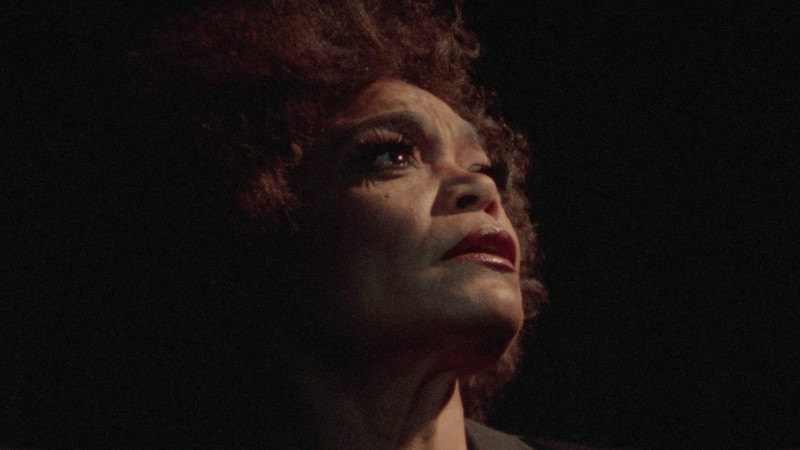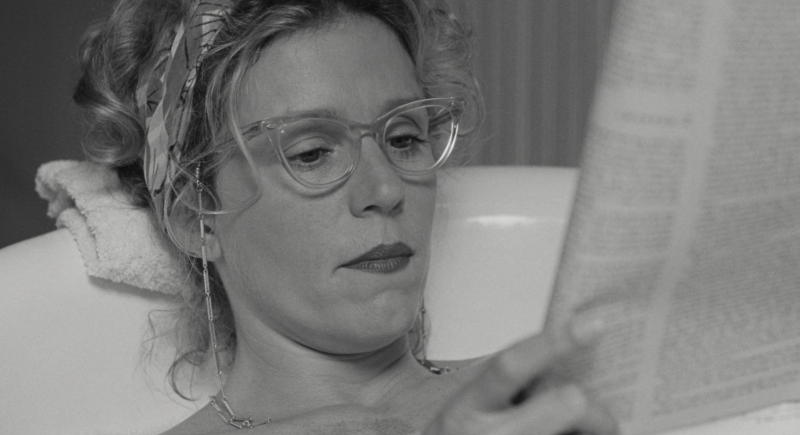Notes on Night Train to Munich

How do you make a comedy about something as serious as the Nazi threat of world domination—particularly as it is happening? Perhaps there’s something in the English character that allows them to see humor in disaster. Some sort of survival mechanism. It’s not a secret that Outcast of the Islands—perhaps the least known of Reed’s major works—is one of my all-time favorite movies. But for as long as I can remember, I’ve been attracted to spy thrillers, and particularly romantic spy thrillers with comic overtones. So Night Train (as the American release was called) was an early favorite as well, and I’ve revisited it a number of times over the years. I’ve seen it at revival houses, recorded my own VHS copy, and recently even ordered a bad DVD copy from Turkey, where it had originally been sold as a special offer included with a newspaper or magazine.
Reed doesn’t fit well into the auteur theory of directing, having been more interested in telling each story as well as he could, and in testing his mettle on as many genres as he could attract. As a consequence, film history and criticism haven’t treated him as kindly as he deserves.
But I’ve always felt a kinship with him, coming from a similar background in theater, and having started as an actor. And I believe having walked in an actor’s shoes is a tremendous advantage for a director, giving him insight into an actor’s fears and insecurities.
One of the great pleasures for me in Night Train was the discovery of Rex Harrison. He’s such a unique personality, much more “English” in my experience than, say, Laurence Olivier or Robert Donat, with a great comic flair. I don’t remember noticing him again until Anna and the King of Siam, The Ghost and Mrs. Muir, and Unfaithfully Yours, this last a particular delight.
And I admired the way Reed repeatedly set up a dangerous situation, such as the returned phone call from Nazi headquarters to the phone booth, where we expect it to be intercepted by the English comedy team and it’s not, and the note under the doughnut, where we’re afraid it will be intercepted by the villain, Paul Henreid, and it’s not.
The concentration camp sequence is particularly well done, and Henreid is perfectly cast as a faux hero. I was always aware of the movie’s flaws, particularly a kind of imitation-Hollywood cliff-hanger happy ending. It may, however, have been the other way around, with Hollywood imitating Reed, and the familiarity coming only years later, when I first saw Night Train.
Night Train to Munich holds up as a very entertaining movie, beautifully acted with charm and restraint. And it’s a chance to see a great director developing the skills he’ll later use with such brilliance.




